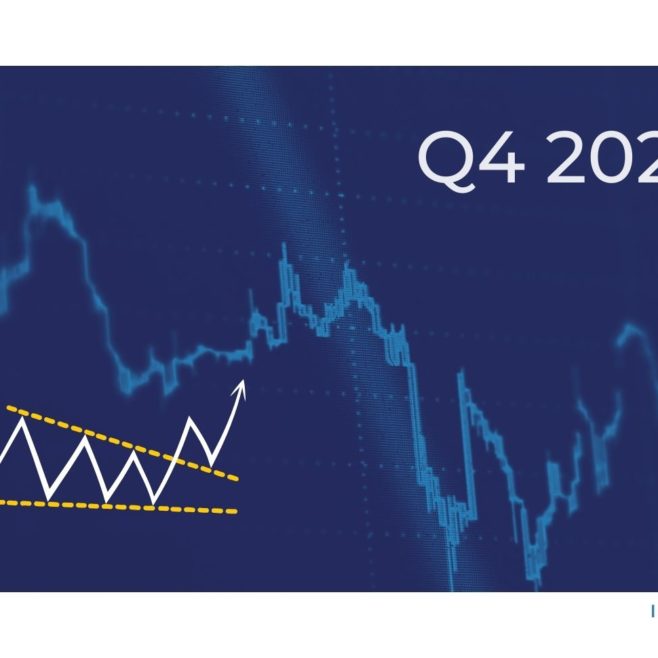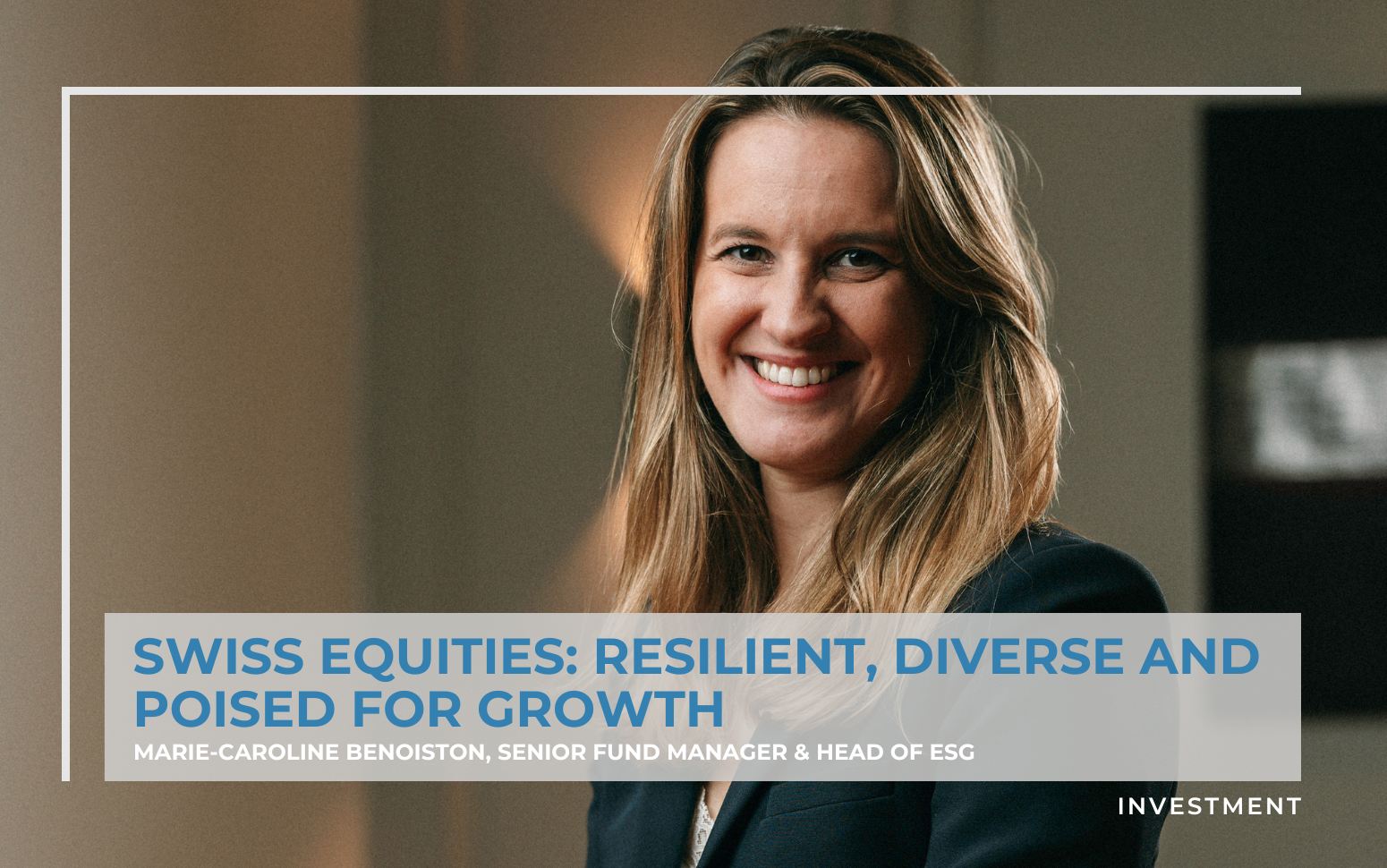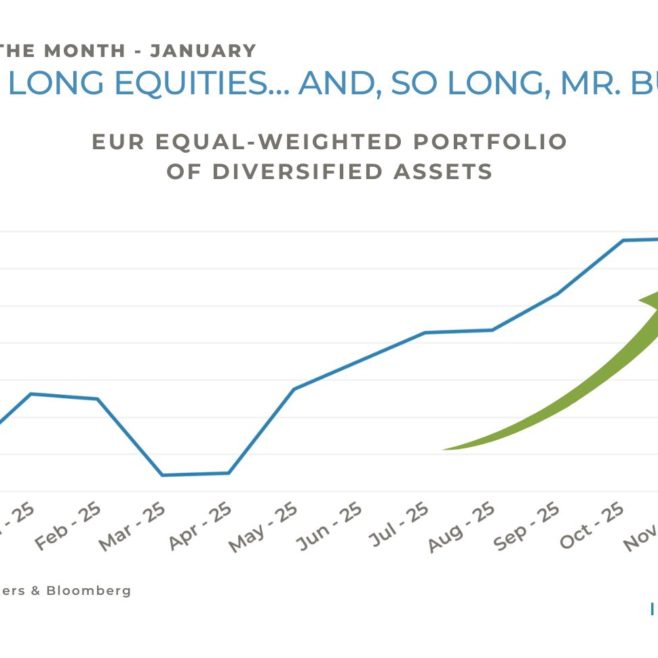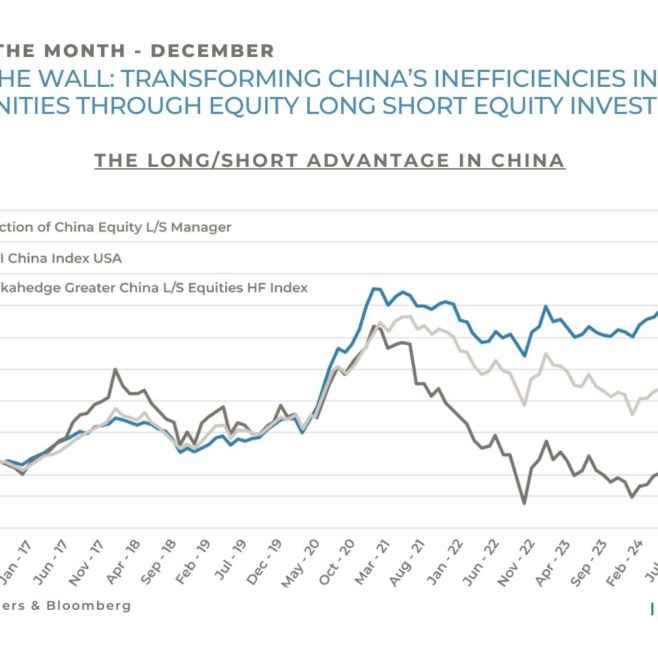
Swiss equities: resilient, diverse and poised for growth

A unique blend of stability, specialization, and long-term performance defines Switzerland’s investment landscape.
Switzerland’s equity market stands as a quiet powerhouse within the global investment arena. Renowned for its political neutrality, monetary prudence and economic resilience, the country offers investors a rare combination of safety and structural growth. While many investors are familiar with its multinational champions, Switzerland also offers a dynamic and diverse universe of mid- and small-cap companies that are often global leaders in their specialized niches.
A Prime Investment Opportunity
Amid persistent global economic headwinds, Switzerland continues to shine as a beacon of macroeconomic stability. Recent macroeconomic indicators confirm the robustness of the Swiss economy. The Swiss National Bank (SNB) anticipates GDP growth of between 1% and 1.5% for the current year. The SNB maintains a balanced policy stance, and negative short-term yields point to potential rate cuts that could further support equities. Currency dynamics reinforce the attractiveness of Swiss assets. The Swiss franc remains strong. This strength reflects investor confidence in Switzerland’s macroeconomic foundations and offers international investors a natural hedge in volatile markets.
Defensive by Design, with Long-Term performance
At the large-cap level, the Swiss Market Index (SMI) is heavily weighted toward defensive sectors. Global leaders like Nestlé, Roche and Novartis provide earnings visibility, dividend reliability and resilience in turbulent markets. The SMI’s consistent resilience has established it as a cornerstone of defensive equity strategies, offering stability and reliable performance through market cycles.
Over the past decade, Swiss small- and mid-cap equities, as represented by the SPI Extra Index (SPIEX), have outperformed the Swiss Market Index (SMI). However, during the most recent market cycle, SPIEX underperformed, presenting a compelling recovery opportunity for forward-looking investors.
The Untapped Potential of Mid and Small-Cap Swiss Stocks
Beyond the headline giants lies a thriving ecosystem of over 190 listed mid- and small-cap companies, many of which are global leaders in highly specialized segments. This includes firms such as VAT Group, which supplies vacuum valves to the semiconductor industry, Belimo, a world leader in HVAC automation and Siegfried Holding, a contract manufacturer for the global pharmaceutical sector. These companies are not only highly specialized but also financially robust, often combining strong free cash flow with low leverage and disciplined capital allocation.
While small- and mid-caps naturally carry higher liquidity risk and occasional valuation premiums, the growth-to-risk trade-off remains compelling, especially in a country with such disciplined governance and transparency standards.
Strategic Sector Exposure
Switzerland’s equity market is structurally overweight in defensive sectors. Compared to the MSCI All Country World Index, where defensives represent less than 20%, the Swiss market stands at over 65%. This offers investors a rare opportunity to gain long-duration exposure to non-cyclical sectors such as healthcare, food and beverage, and insurance.
Meanwhile, exposure to high-growth themes is embedded in Switzerland’s mid-cap space: biotech, medtech, sustainable construction, fintech and advanced manufacturing all feature prominently.
A Note on Sustainability
While not always at the forefront of equity narratives, ESG and sustainability are deeply embedded in the Swiss corporate culture. Most Swiss-listed companies, large and small, publish detailed ESG reports and actively incorporate long-term environmental goals. The country itself draws the bulk of its electricity from renewable sources, notably hydropower, and leads Europe in carbon footprint transparency.
As investors increasingly integrate ESG considerations into capital allocation, Switzerland offers a highly aligned investment landscape.
Depth Beyond the Headlines
As concerns rise, the investment landscape remains notably resilient. Meanwhile, the broader economic outlook is cautiously optimistic: the State Secretariat for Economic Affairs (SECO) forecasts a 1.4% GDP growth (adjusted for sporting events. The Swiss National Bank’s pragmatic and flexible monetary policy further supports the investment environment, while sustainable assets and corporate bonds maintain their appeal in diversified portfolios. These dynamics create a backdrop where selectivity and long-term perspective are rewarded. Despite the challenges of a strong franc and ongoing global trade tensions, Switzerland continues to stand out for its historical market resilience, economic strength, institutional quality and sectoral diversity. Swiss equities, particularly beyond the large-cap names in the SMI, offer strategic exposure to a blend of defensive stability and innovation-led growth. Switzerland is no longer just a safe haven; it is a structurally sound, forward-looking market. For investors ready to look beyond the familiar, it offers access to some of the world’s most innovative and well-managed companies, hidden in plain sight, yet central to the portfolios of the future.
At NS Partners in our Swiss Excellence strategy, we recognize and harness Swiss strength. Our strategy blends exposure to Switzerland’s blue-chip multinationals with a concentrated portfolio of 45 stocks, including 26 high-quality small and mid-sized companies outside the SMI, striking a balance between stability and growth potential. Our investment approach is based on fundamental quality and long-term value creation. We focus on companies with sustained earnings momentum, reasonable valuations relative to growth (PEG discipline), strong free cash flow generation and solid balance sheets. The result is a portfolio that has outperformed Switzerland’s three largest companies in price return since inception, while offering significantly greater exposure to innovation, growth sectors and underappreciated names.





